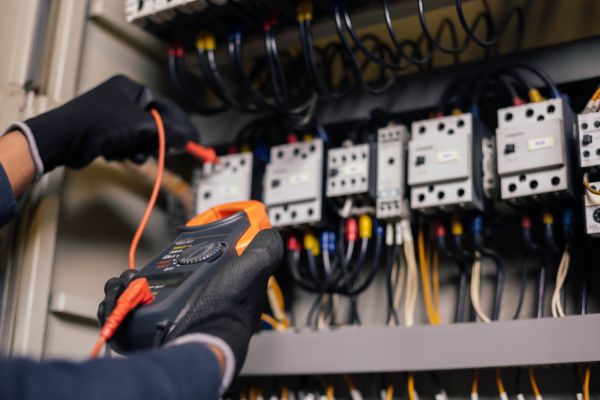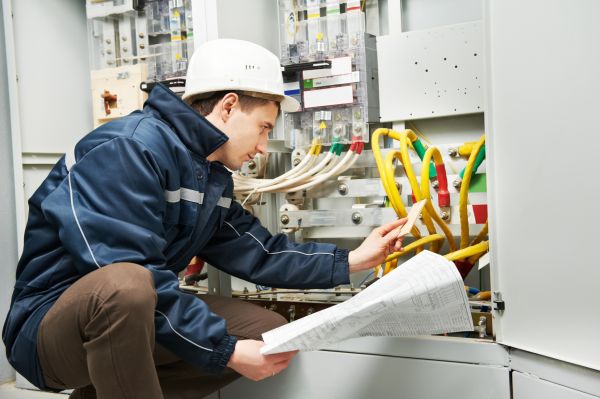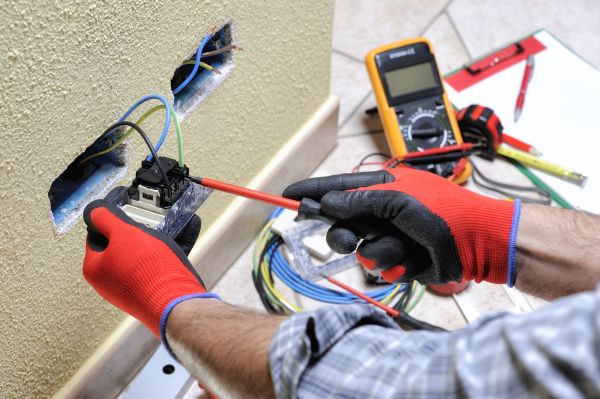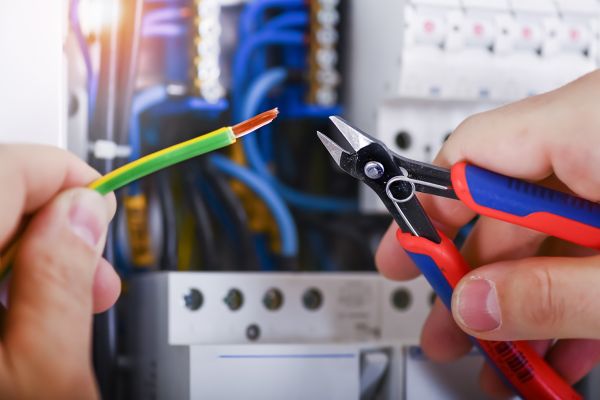Construction Electrical Wiring Service
Affordable Construction Electrical Wiring
Construction electrical wiring is an essential aspect of any building project, serving as the backbone for delivering electrical power throughout the structure. It involves the installation of various electrical components, such as wires, circuits, outlets, and panels, to ensure a safe and efficient flow of electricity. Proper construction electrical wiring is crucial not only for the functionality of electrical systems but also for the safety of the building's occupants. By adhering to strict standards and regulations, construction electrical wiring helps prevent hazards like electrical fires and ensures that all electrical appliances and systems operate effectively.
Benefits of Construction Electrical Wiring
-
Safety and Compliance
Professional construction electrical wiring ensures that all installations meet local and national electrical codes, significantly reducing the risk of electrical hazards, such as fires or electric shocks. This compliance is crucial for the safety of building occupants and can also be a legal requirement for property development and occupancy. -
Efficiency and Reliability
Properly installed electrical wiring supports the efficient operation of electrical systems, minimizing energy waste and reducing the likelihood of power outages. Reliable wiring ensures that all electrical devices and systems function optimally, enhancing the overall performance of the building. -
Longevity and Durability
High-quality materials and expert installation techniques contribute to the longevity and durability of electrical wiring systems. This durability reduces the need for frequent repairs or replacements, providing long-term cost savings and peace of mind. -
Enhanced Property Value
Buildings with professionally installed electrical systems often have higher property values due to their safety, efficiency, and compliance with modern standards. This can be a significant advantage when selling or renting out a property.
FAQs About Construction Electrical Wiring
What is the difference between residential and commercial electrical wiring?
Residential wiring typically involves lower voltage systems and simpler installations compared to commercial wiring, which must accommodate higher power demands and more complex systems.
How often should electrical wiring be inspected?
It is recommended to have electrical wiring inspected every 3 to 5 years, or immediately if there are signs of wear, damage, or malfunction.
Can outdated wiring affect energy efficiency?
Yes, outdated wiring can lead to inefficient power distribution and increased energy consumption, resulting in higher utility bills and potential safety hazards.
What are common signs of faulty electrical wiring?
Signs include frequent circuit breaker trips, flickering lights, burning smells, or unusual noises from outlets or switches.
Fill out the contact form today to request Construction Electrical Wiring services and enjoy the benefits of a safe, efficient, and reliable electrical system in your building.




